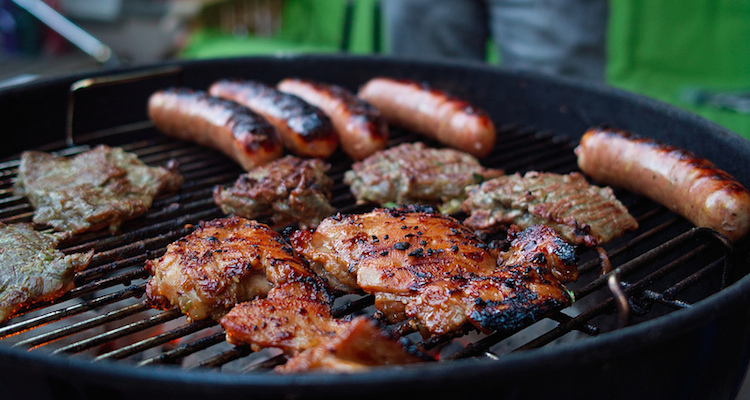I have lived as an expat for the past nine years. It’s a lifestyle I recommend to (almost) everyone I meet, and, it seems, is a part of the basic DNA of all Aidpreneurs. Like all expats, I carry with me a least a few cultural trappings from the country I was raised in (the U.S.). For me, one of these is the love of a good BBQ. There is nothing quite like grilling.
While I love the results (i.e. food) produced by a quality BBQ, there is so much more to the event. As with cultural traditions the world over, a BBQ has a few axioms. One of these is that inevitably the chef always eats last, and sometimes not at all. This isn’t because the chef doesn’t enjoy the fruits of his or her labor. Rather, it’s that if you do a BBQ right, you’re really interested in the enjoyment and satisfaction of your guests first and you’re happy with whatever is left over from the grill.
I hope you’ll follow me as I make an analogy with what I have found is a critical quality of Aidpreneurs interested in starting and running their own organizations: your understanding that you should always eat last and that there will be more than a few times you’ll need to go without.
No one is immune. I have yet to meet a fellow Aidpreneur who has built, and successfully sustained, an organization who hasn’t experienced difficult times – projects that run way over budget, clients that don’t pay, consultants that don’t deliver, uncomfortable dry spells for business development. It can get ugly and there is a reason the vast majority of ventures fail.
At the same time, when those same Aidpreneurs talk about the lean times, it becomes quickly apparent that they were able to make it through and grow their organizations (no matter how modest or great) because they, like any great BBQ chef, were willing to eat last and sometimes go without.
In short, eating last is your commitment to your staff, your consultants and partners that you’ll make sure when they sign up to help you succeed that they will be taken care of and you will make sure they are kept whole (i.e. paid).
Sometimes going without is the commitment to starting your organization with a solid foundation (e.g. finances, time, support) that will give you the ability to make it through the difficult first few years as you attempt to grow and, ultimately, determine whether or not your unique business proposition is something others find value in.
Similar to creating a fantastic BBQ experience, begin crafting your organization with the commitment that, as its leader, you are ready and willing to do what it takes to make it from start up to sustainable success.




